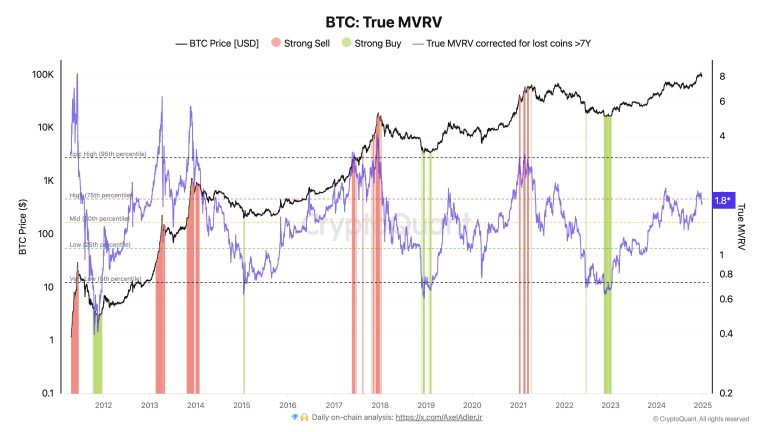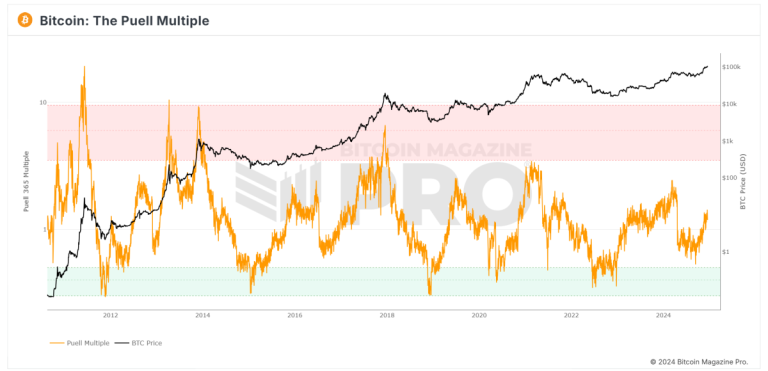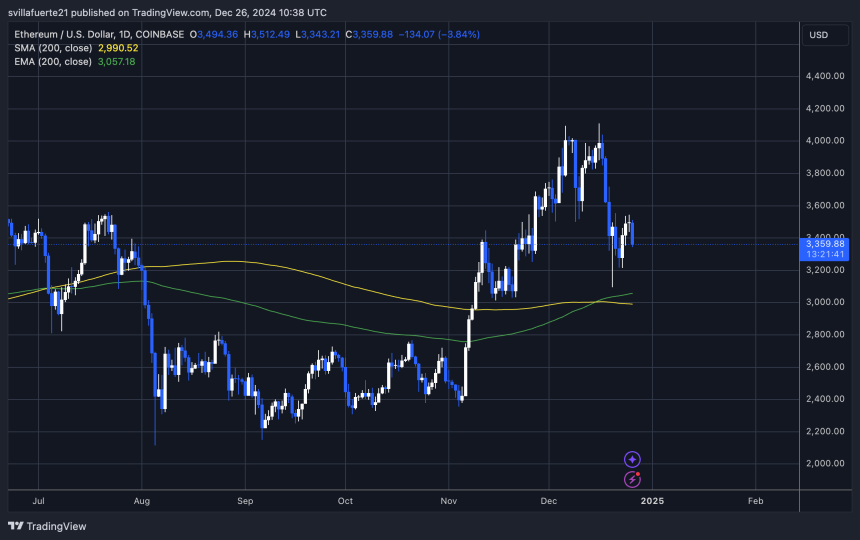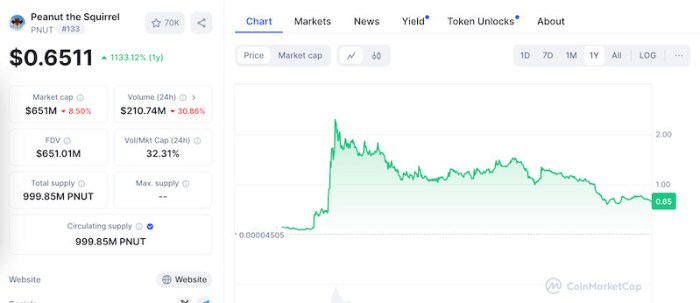Anime-themed NFT project Azuki has caught the eyes of many in the non-fungible market as it ranked first among leading NFT collections in 24-hour traded volume. An on-chain insight revealed that Azuki soaked up a trading volume of $2.51 million as 66 digital collectibles were sold on the secondary marketplace.
Following the launch of 10,000 Azuki NFTs in January 2022, its community members have resonated with the project’s anime background. Over the years, the project has explored various endeavors to make its IP popular. Among them was the project’s decision to create an anime-themed network in collaboration with the team behind the Arbitrum blockchain. The NFT project also developed a three-part anime anthology series dubbed Enter The Garden.
Azuki’s creator, Zagabond, recently hinted that the anime-themed project could soon launch a native crypto asset. Zagabond stressed that most altcoins lack appeal to retail traders because they have no real use case, product, or vision. However, the project’s creator stated that an anime-themed coin will likely dominate the market.
Many NFT projects have recently delved into the crypto world by launching native cryptocurrencies tied to their non-fungible brand. Pudgy Penguins, Magic Eden, Nifty Island, and more are among them.
While Azuki ranked first among NFT collections by traded volume ranking, Pudgy Penguins came second with $1.91 million after 32 NFT sales. Pudgy Penguins’ recently launched PENGU token has sparked engagement from crypto, NFT, and non-crypto natives. This likely aided its growth to the current record. Doodles V4 came third with a 24-hour traded volume of $1.11 million from 52 sales.
Interestingly, one of Azuki’s brainchilds, Azuki Elementals, took fourth position in this ranking, generating a 24-hour traded volume of $838.61K from 150 NFT sales. Although it shares some similarities with the Azuki collection, this 20K-piece project features the four elements within the garden – water, fire, lightning, and earth.
Topping the chart shows how much effort Azuki puts into bringing its project to the mainstream audience, especially those enthusiastic about animes. The project likely has more anime-themed initiatives to unveil in the coming year. Time will tell how this unfolds.














